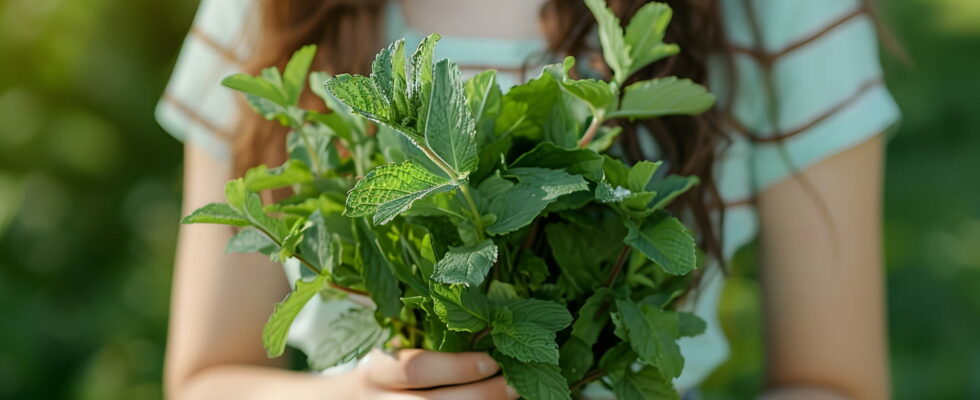Researchers are already seeing significant results after just 4 weeks.
In France, almost 1 in 5 people suffer from insomnia, particularly women who are twice as affected as men. The most common type of insomnia is called sleep onset insomnia (when the person takes more than 30 minutes to fall asleep after turning off the light) with often anxious ruminations that prevent sleep. To remedy this, many natural solutions exist and certain plants can help you fall asleep more quickly.
The information collected is intended for CCM Benchmark Group to ensure that you receive your newsletter.
They will also be used, subject to the options subscribed to, by CCM Benchmark Group for advertising targeting and commercial prospecting purposes within the Le Figaro Group, as well as with our commercial partners.
The processing of your email for advertising and personalized content purposes is carried out when you register on this form. However, you can object to this at any time
More generally, you have the right to access and rectify your personal data, as well as the right to request its deletion within the limits provided by law. You can also review your options regarding commercial prospecting and targeting at any time. Learn more about our Privacy Policy or our Cookies policy.
Researchers from the Department of Biology at Taibah University in Saudi Arabia have discovered that a well-known aromatic herb, grown mainly in the summer between May and September and which proliferates easily in the garden, would be particularly effective in calming the brain just before going to sleep and improving sleep onset. They followed 124 healthy students (mean age 22 years, 87% women) equally and randomly divided into two groups. The first group had to drink an infusion of 250 mg of this plant 30 minutes before bedtime every day for a month. The second group (control group) had to drink an infusion of 250 mg of any other plant every day for the same period.
Before and at the end of the follow-up, the participants answered a questionnaire assessing their level of anxiety, stress, memory, cognitive performance, time to fall asleep and the quality of their sleep. They also had to say whether they were “good sleepers” or “poor sleepers” (they were “poor sleepers” if they checked at least 5 items among the following 7: sleep latency, short sleep duration, nocturnal disturbances, getting up at night, use of sleeping medication, attention dysfunction during the day, fatigue during the day). At the end of the study, among those in the first group who drank the famous plant:
► almost half of those who declared themselves “bad sleepers” at the beginning of the study became “good sleepers”
► 10% had less insomnia
► 20% had lower levels of stress and anxiety and 18% had better memory
In the second group, the number of “bad sleepers” increased slightly after the month of follow-up (43 “bad sleepers” at the beginning and 44 at the end), the researchers report in the journal Journal of Pharmacy & Pharmacognosy Research.
Due to its high content of bioactive compounds known for their sedative and calming effects, peppermint (the famous aromatic herb) would thus have positive benefits on several aspects of brain health and sleep, at a rate of 250 mg of leaves (dried or fresh, it is easily found in bulk in stores or can be planted in the garden) infused for 10 minutes in hot water, to be drunk 30 minutes before bedtime, the researchers recommend, specifying however that research on a larger sample of people is necessary to confirm their results.
